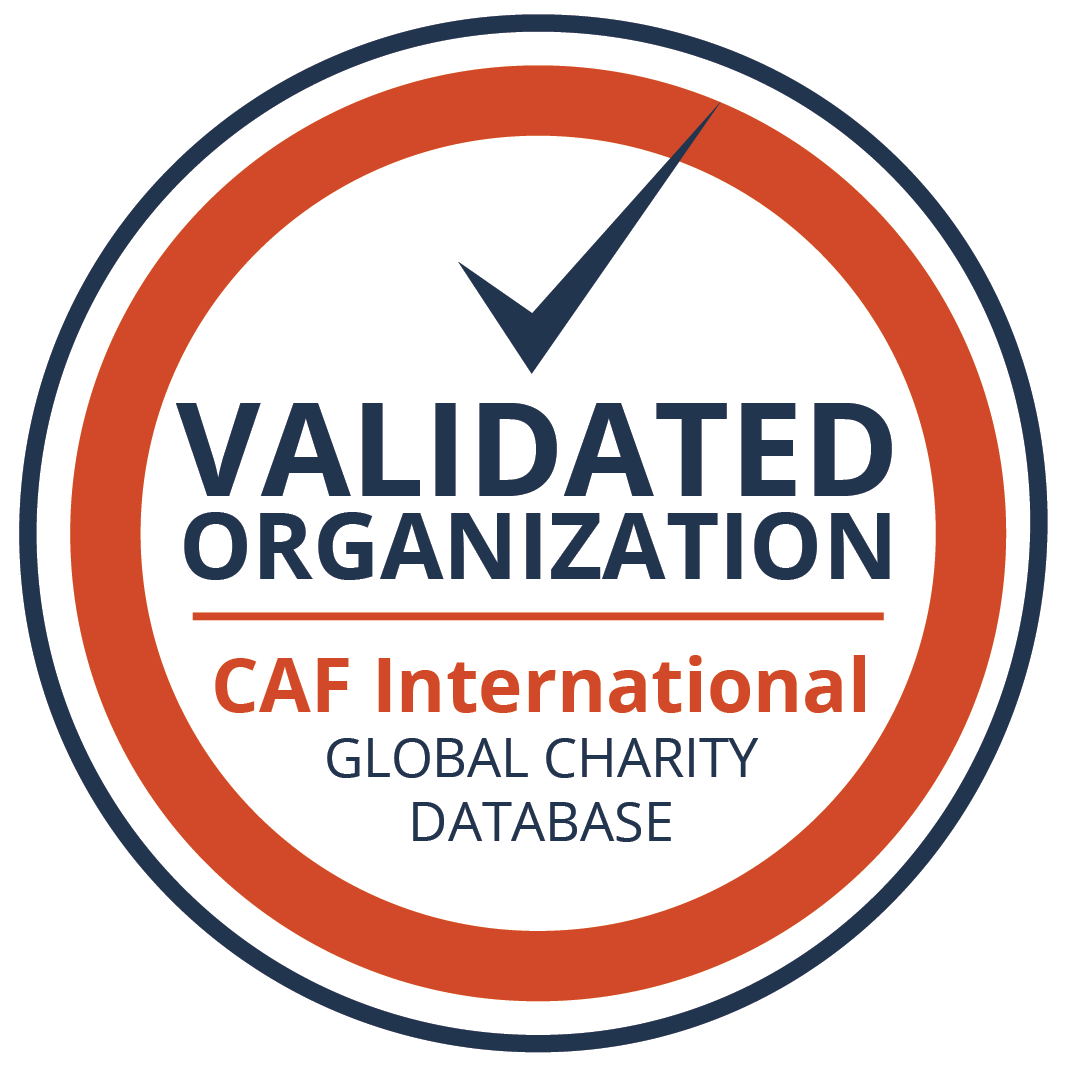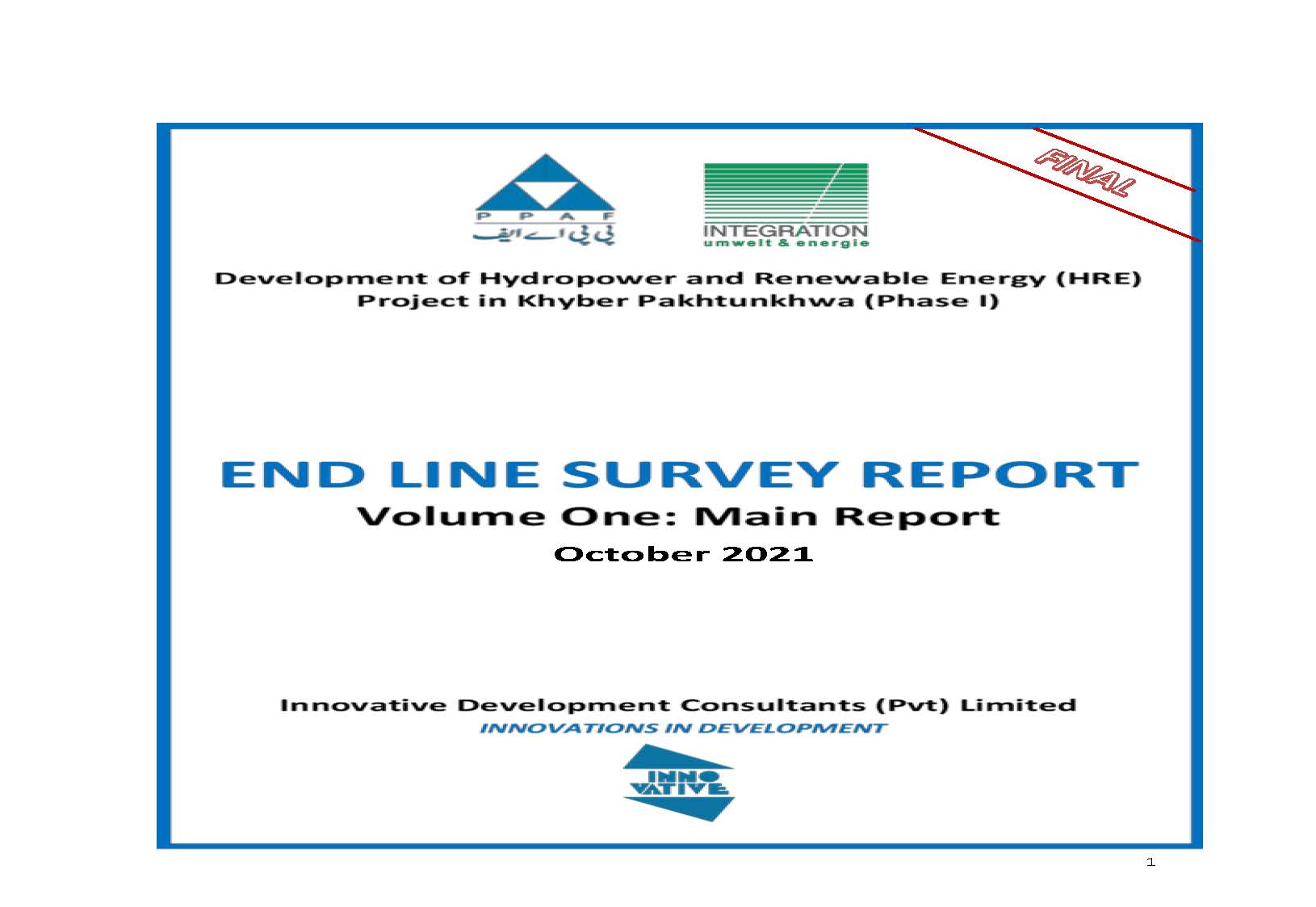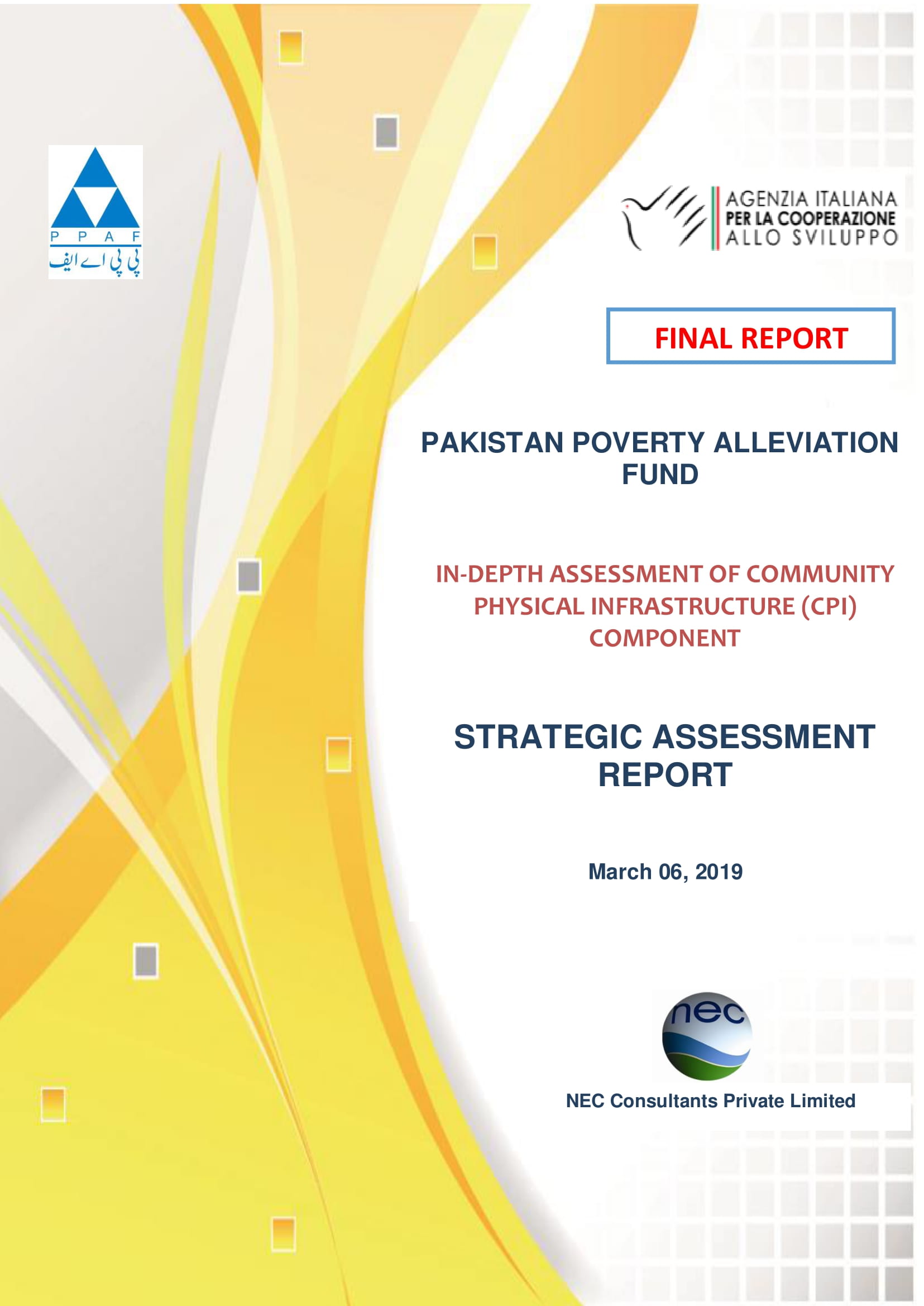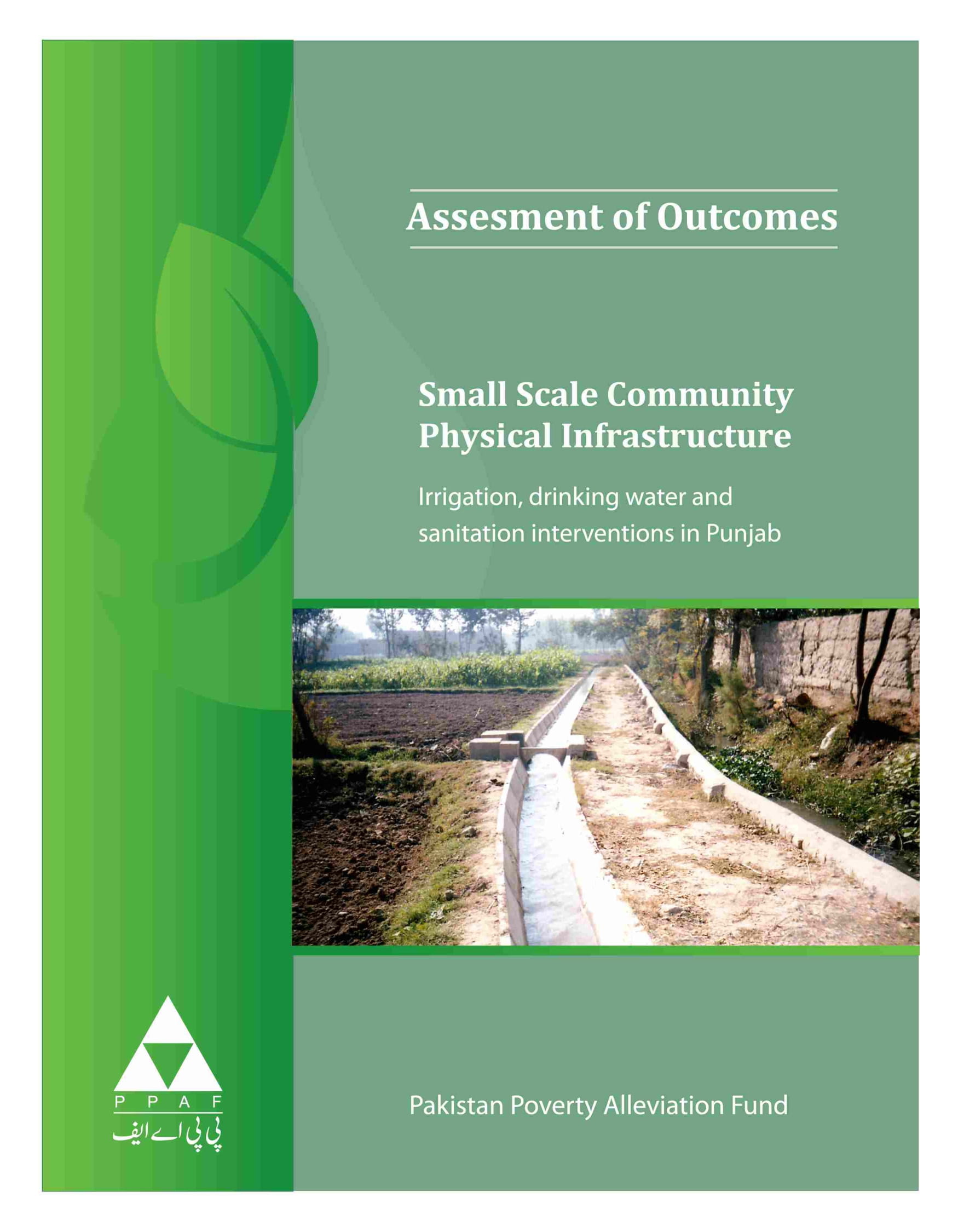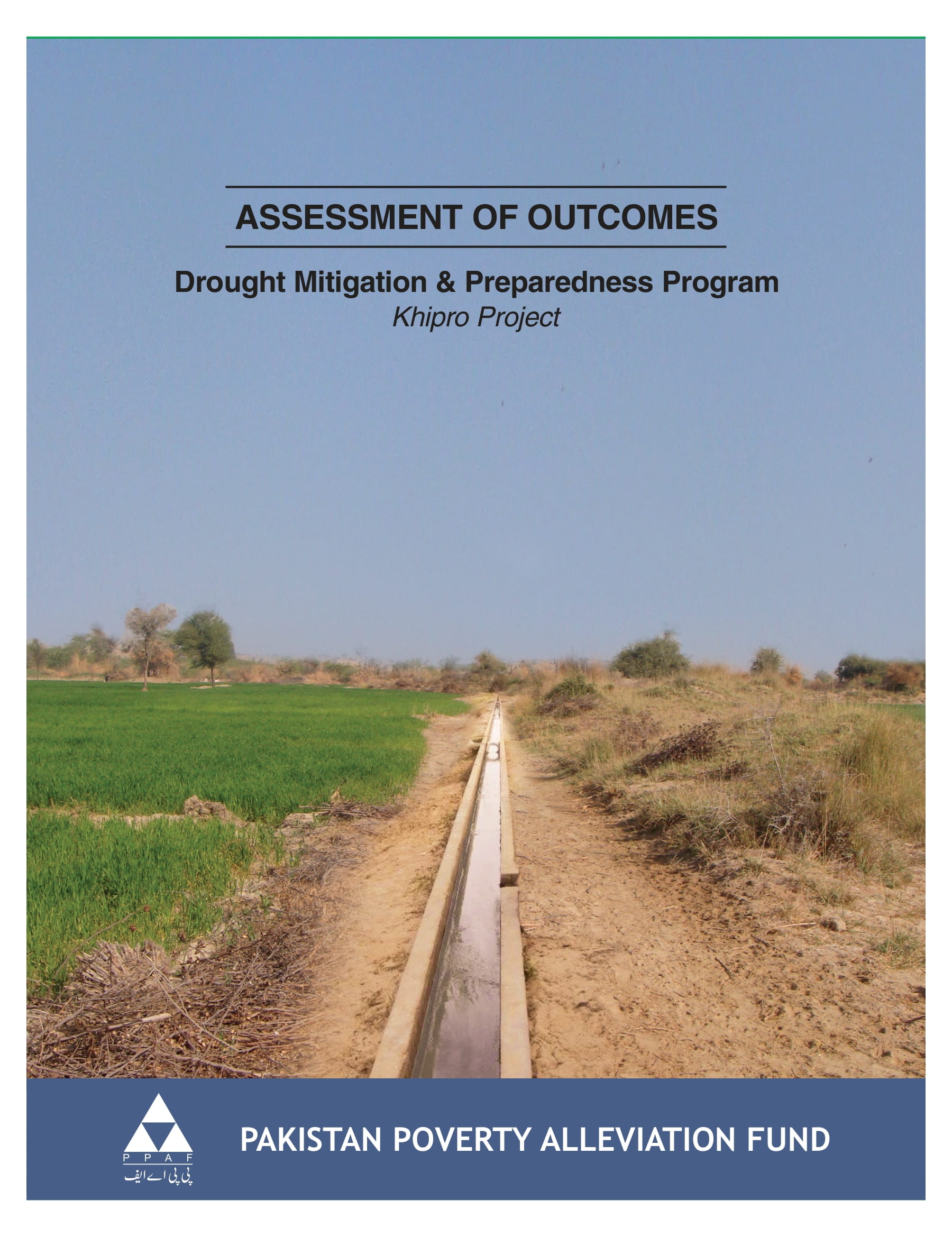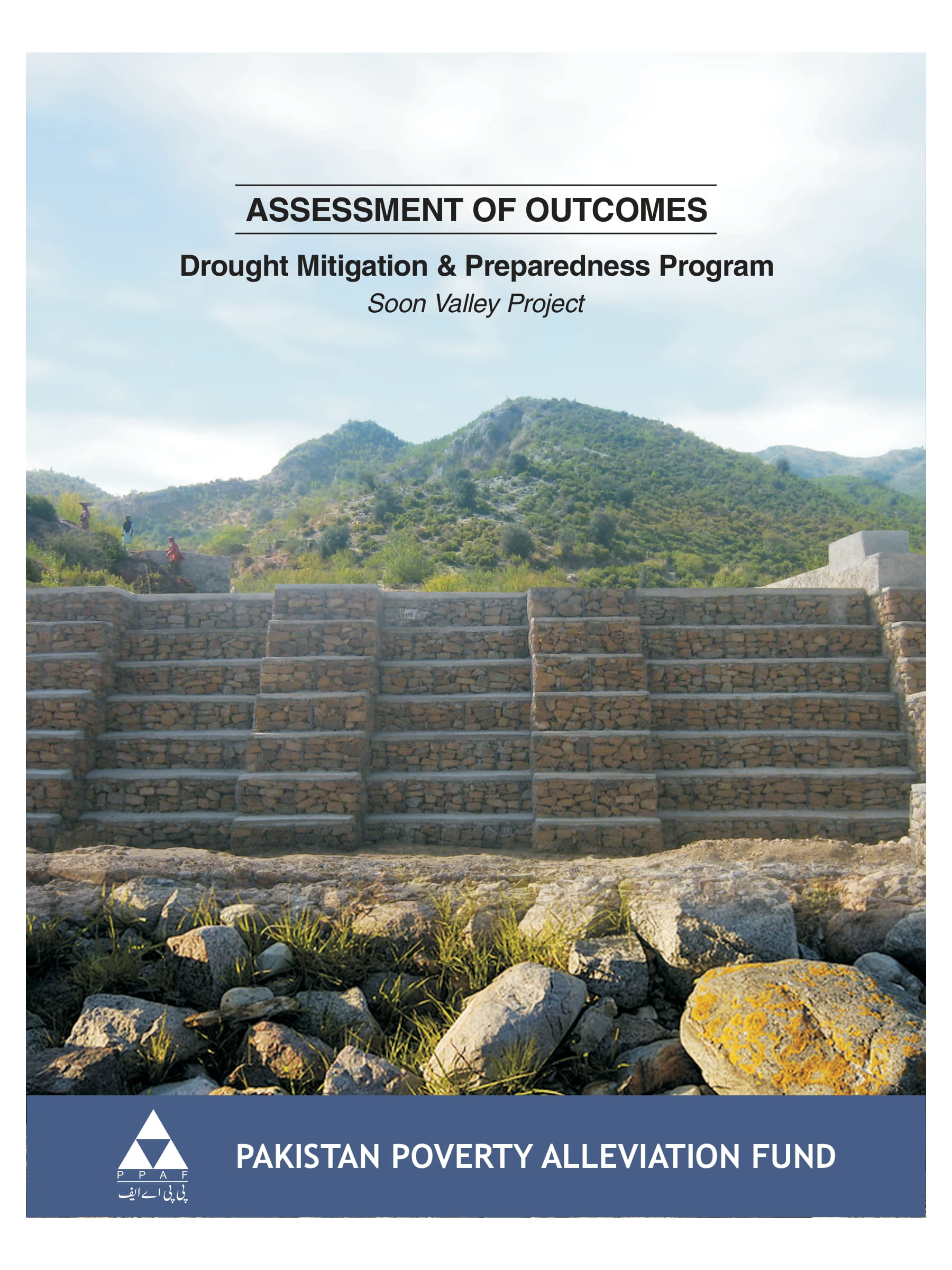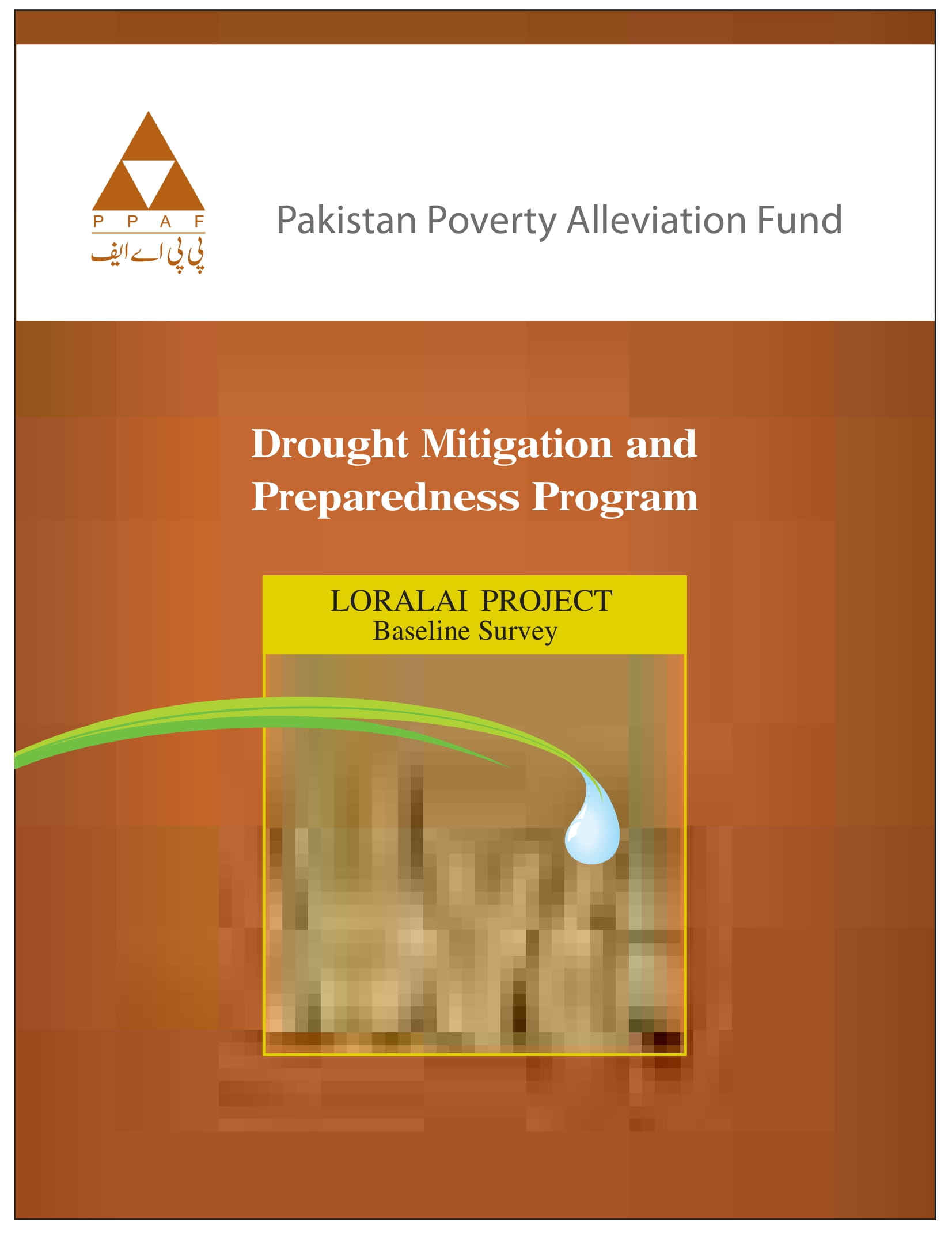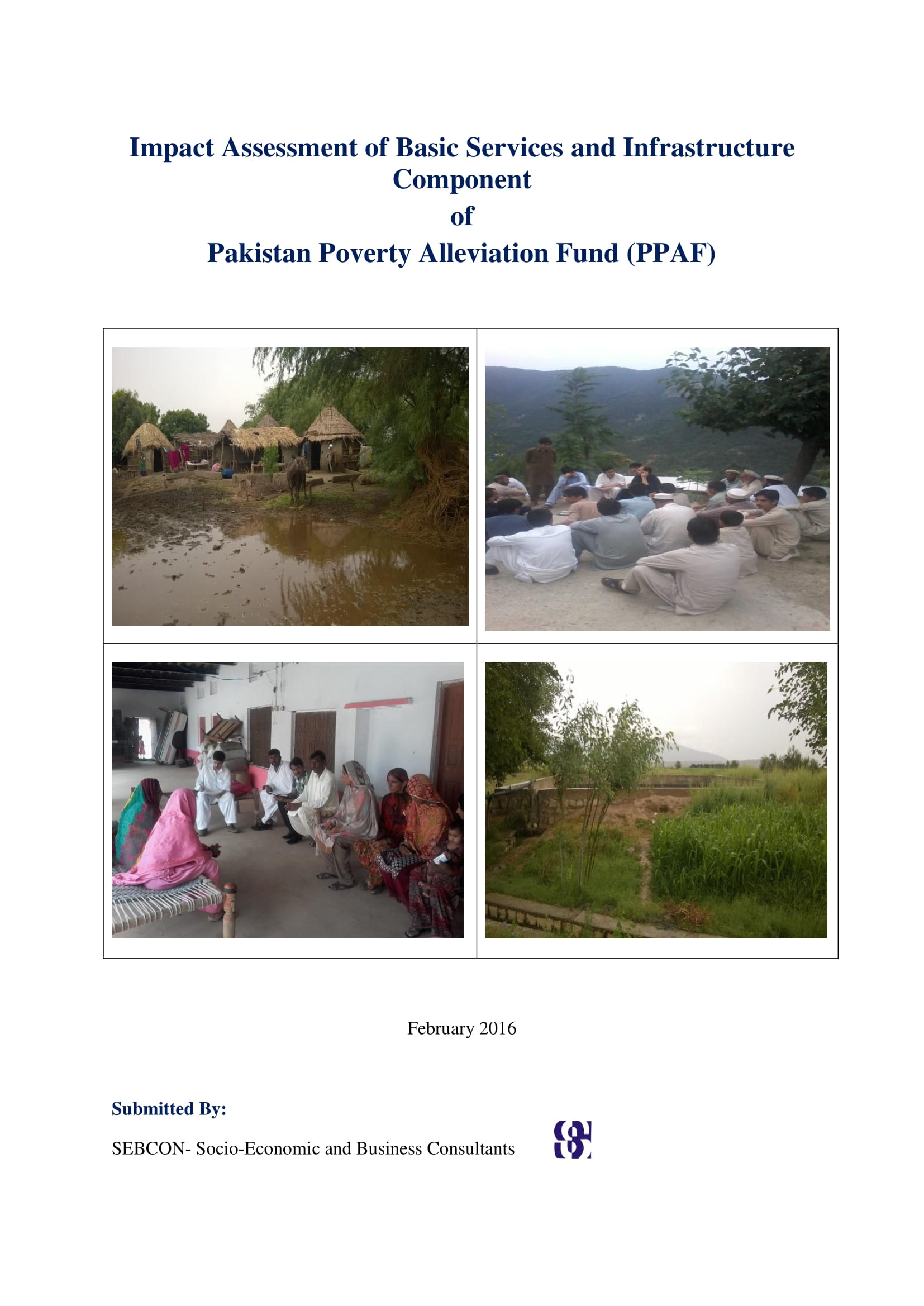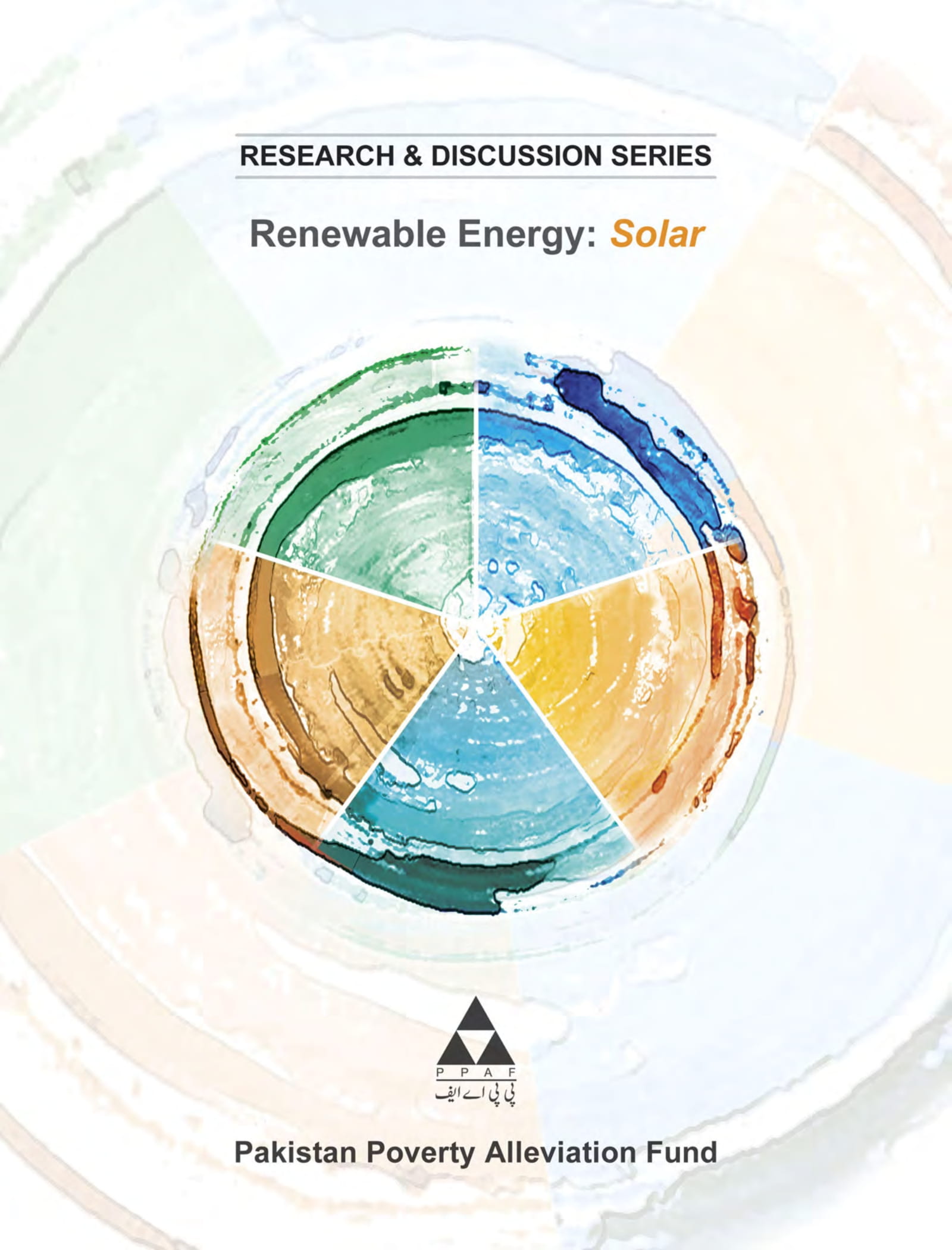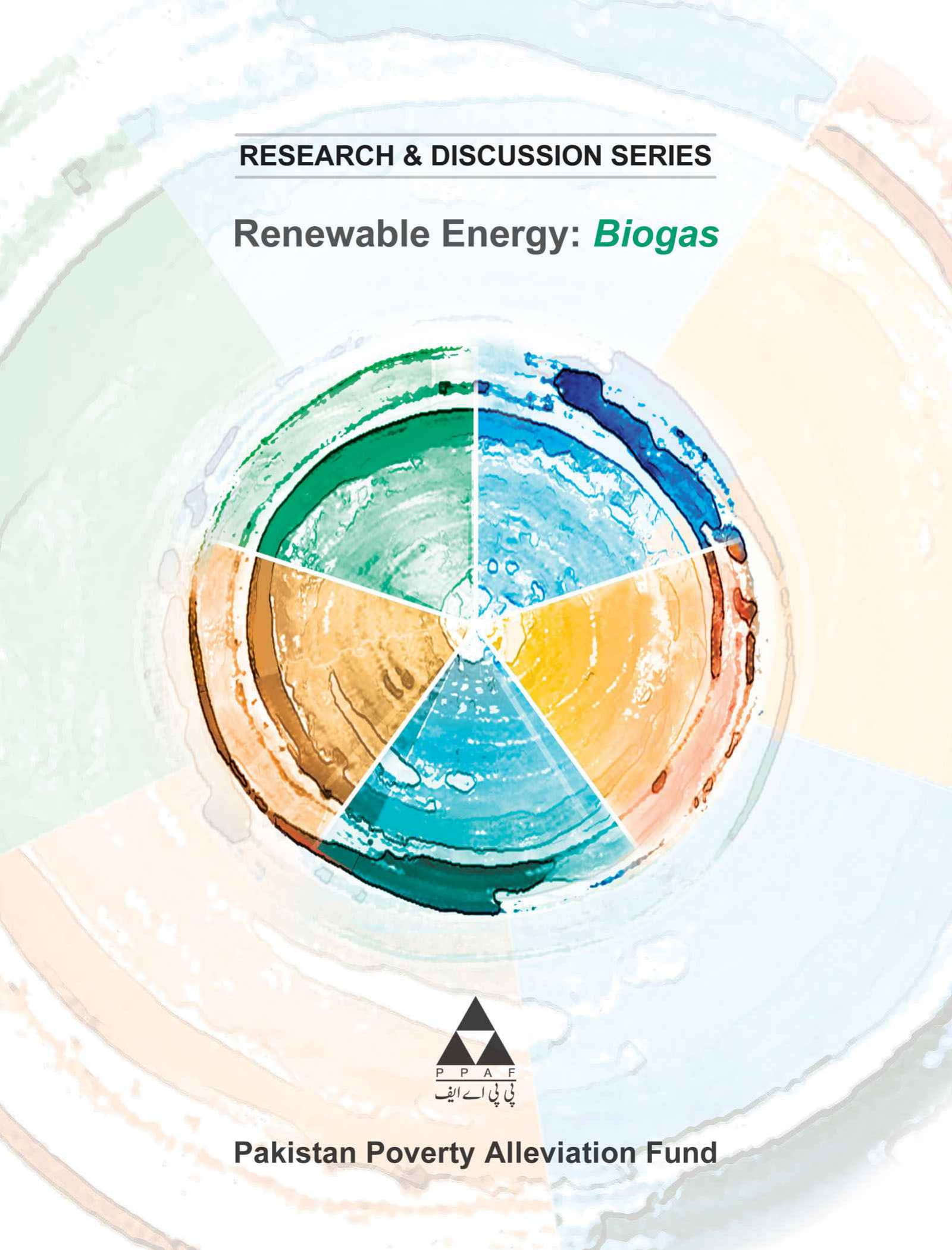.jpg)
- Home
- About PPAF
-
Our Work
-
Programmes & Projects
- National Poverty Graduation Programme (NPGP)
- Interest Free Loan (IFL)
- Growth for Rural Advancement and Sustainable Progress (GRASP)
- Livelihood Support and Promotion of Small Community Infrastructure (LACIP)
- Building Resilience to Disasters & Climate Change (BRDCC)
- Programme for Poverty Reduction (PPR)
- Development of Hydropower and Renewable Project (HRE)
- Poverty Graduation Programme for Afghan Refugees
- Revitalising Youth Enterprise (RYE)
- Developing Sustainable Livelihoods in Dairy Value Chain
- Tabeer-o-Tameer Fund (TTF)
- Small Grants Project: Capacity Building of Small Organisations
- Enhancing Food Security through Strategic Interventions in Agriculture
- Balochistan Education Initiative (BEI)
- Dera Bugti Project
- Continued support to PPAF’s Established Schools in Sindh and GB
- Empowering the Deaf Community
- Rehabilitation of Physically Challenged Persons programme
- The Art Residency Programme
- Chamalang Education Project
- Impact Areas
-
Programmes & Projects
- News & Insights
- Flood Relief Response
- Interest Free Loans
- Get Involved

